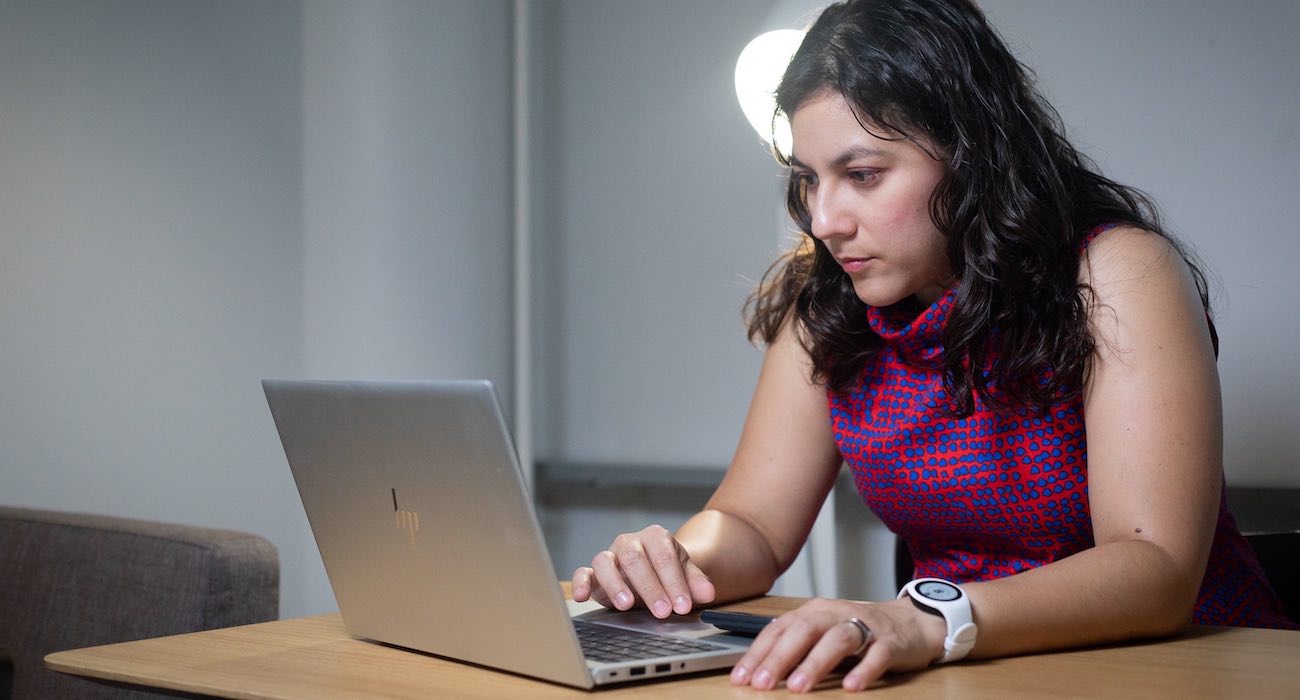Ultra-rare genetic mutations passed on from mother and father to their offspring have been found to possibly take months off a person’s life. More research is needed, but a geneticist from Harvard has drawn links to reduced longevity from a handful of dangerous mutations through the use of gene-wide association studies (G-WAS).
No group of genes can, no matter how rare, set a moment of death or specific span of life, however some can determine when normal processes of aging begin to accelerate, or other comorbidity factors like metabolic diseases being to affect the aging process.
Amanda Heidt writing for Science, reports that biologists equate less than one-third of the influence on the duration of our lives as healthy adults, aptly referred to as the “healthspan”, to the genes we inherit from our parents. The remainder of the fraction is divided between various environmental co-factors like sunlight damage, exposure to chemicals, diet, exercise, etc.
However certain genetic mutations like the APOE-4 allele can pose noteworthy threats to particular parts of our healthspan – neuroplasticity loss and Alzheimer’s risk in the case of this particular mutation.
Compound interest
Geneticist Vadim Gladyshev, a senior co-author of the study, and his colleagues partnered with the Russian biotech company Gero LLC. Together they applied the G-WAS model to the United Kingdom biobank, a volunteer-database of over 500,000 people to examine the genetic codes therein for data on rare genetic mutations.
Using data from more than 40,000 genotypes, the researchers looked for small changes in genetic signatures and health conditions. They were looking for variants which appear in the “exome” – a very small piece of the genome that actively builds proteins which direct our cells, that appear to knock out entire genes, preventing any of the encoded therein from being produced.
Gladyshev’s research found that on average, a person has around 6 of these ultra-rare variants that can decrease lifespan and healthspan by a factor of months – from 0.4 to 1.3 years with plenty of room for variance. Each variant appeared to act as compounding factors, increasing the likelihood of various age-related illness visiting earlier in life.
“The exact combination matters,” Gladyshev told Science, “but in general, each mutation decreases life span by 6 months and health span by 2 months”.
Causes and co-factors
Admittedly, his research might tend to focus effort and attention away from so-called “somatic” mutations, which occur as a result of environment damage and interactions, such as smoking or chemical exposure, though Gladyshev described them as living “In a larger universe” of age-related changes.
“They [all] contribute to the aging process, but on their own they do not cause it,” said Gladyshev. Some of these somatic mutations may affect lifespan and healthspan far more than inheritable mutations the Harvard geneticist is studying, but in a hypothetical world where they were not present, inheritance would drive the aging process.
Gladyshev would like to use these data to examine the genomes of centenarians – people who live to be over a hundred – as existing age-related research tends to focus on what is there or what’s happening that helps them live such long lives, rather than what might be absent.
What you can do
These genetic variants might, to someone who is concerned about longevity, seem like dangerous ticking time bombs, however something like skin cancer from too much sun exposure without protection, diabetes from a poor diet, or chronic sleep deprivation from a challenging schedule will all likely play a much larger role in accelerating the end of your healthspan than anything inherited from your parents.
For those looking to discover whether or not they carry some of these rare mutations, there are services – some extremely cheap or even free- which one can use to have their genome analyzed for these markers.
If you’ve taken any of the commercially available DNA tests such as 23andMe or Ancestry.com, you have the rights to download a computer file containing your entire genetic code. Once in your possession, you can take it to www.foundmyfitness.com/genetics, or www.promethease.com which will enter the data into an interfaceable computer program that will allow you to highlight different keywords like APOE-4 or “caffeine” to garner information on your genetic inheritance.
It’s important to note that nothing contained within a genetic report should be construed as medical advice, or a medical diagnosis. Biology is famous or infamous depending on how you view it, for having a “give and take” nature. A perfect example is sickle-cell anemia which can cause early death while also conferring near-total immunity to the malaria virus.
Professional medical advice should always be sought before undertaking any self-diagnosis or self-perscribed therapy for this reason.
Continue exploring this topic — In 2013 Researchers Created Mutant Worms that Live 500% Longer – Now They Know How,


